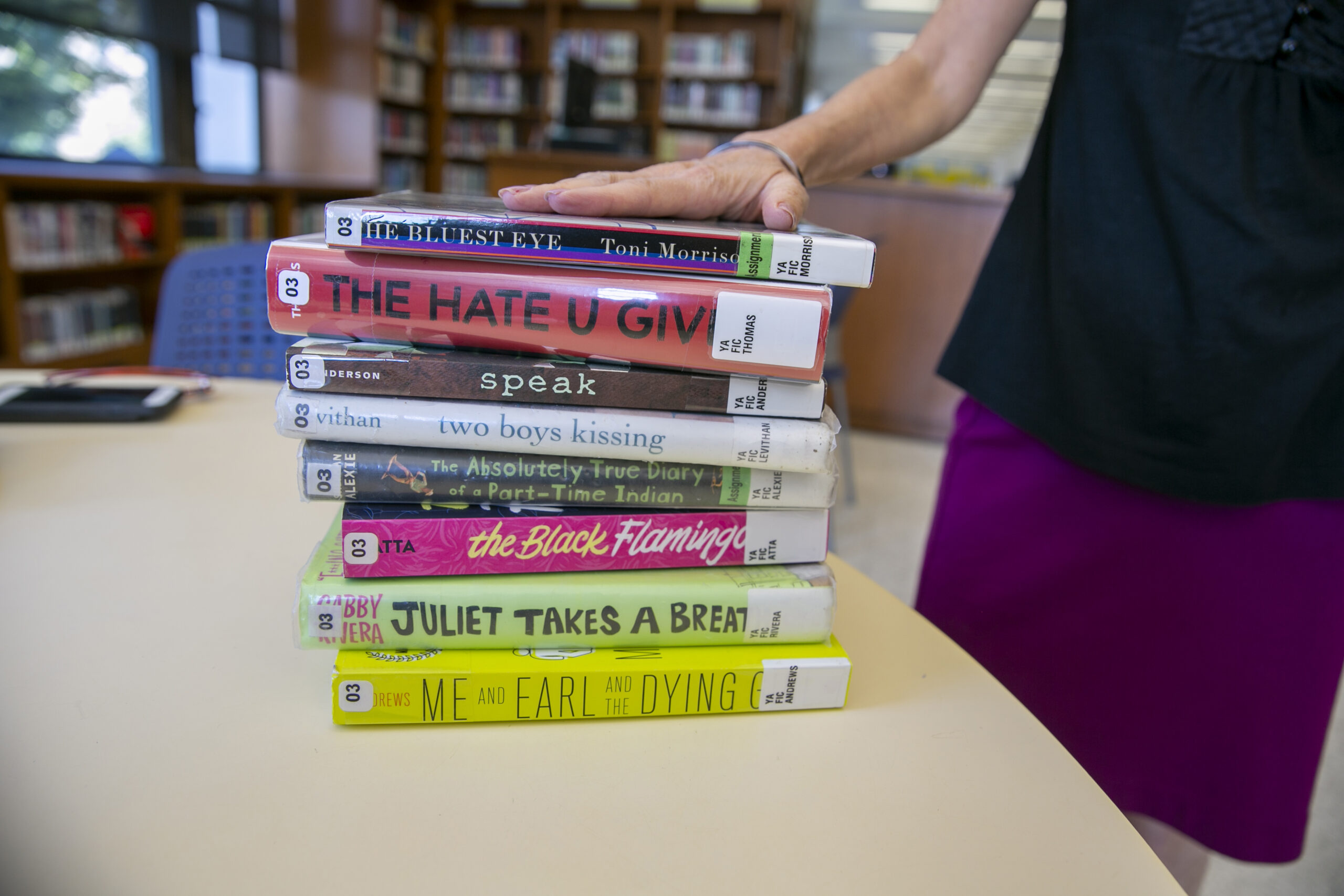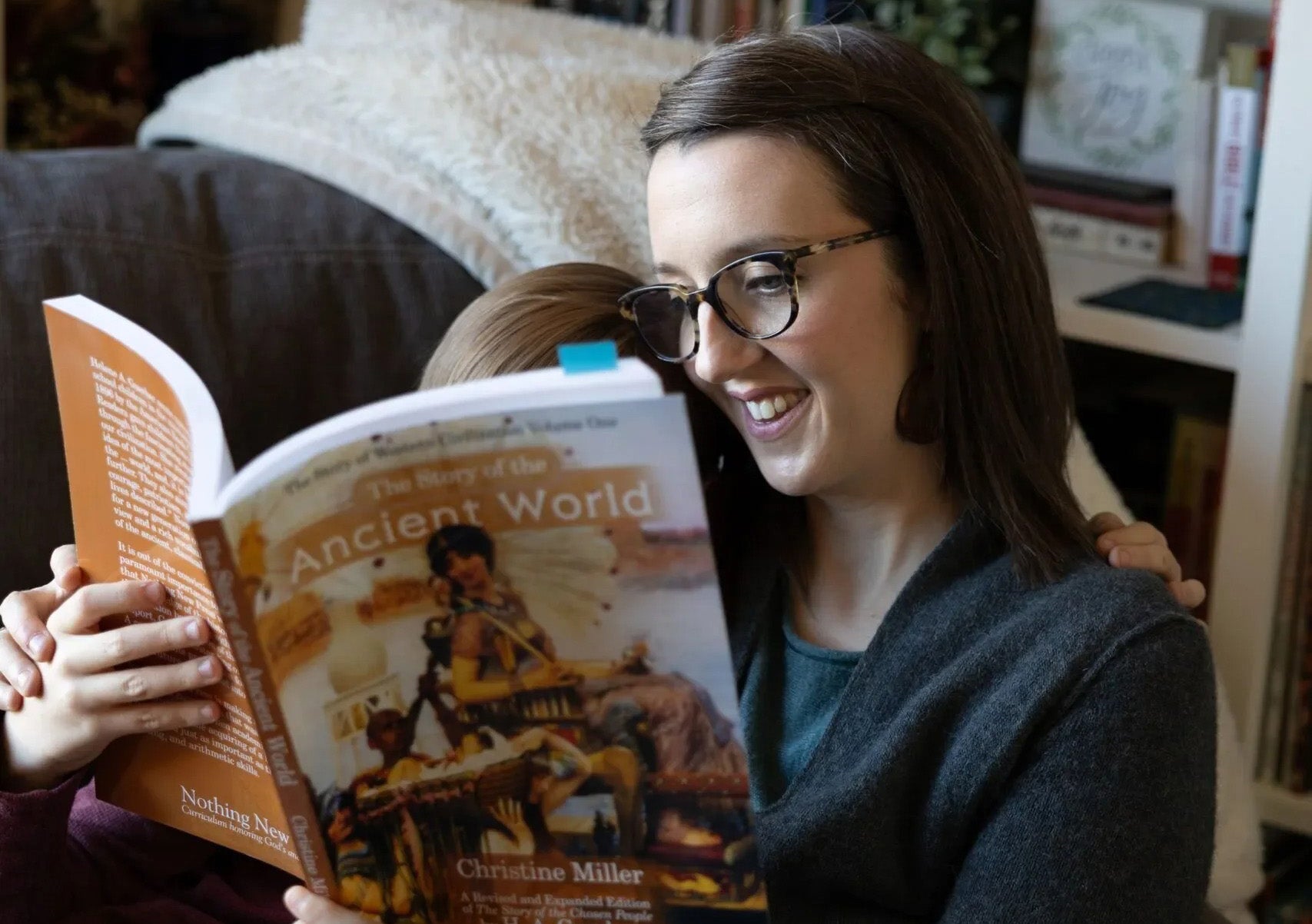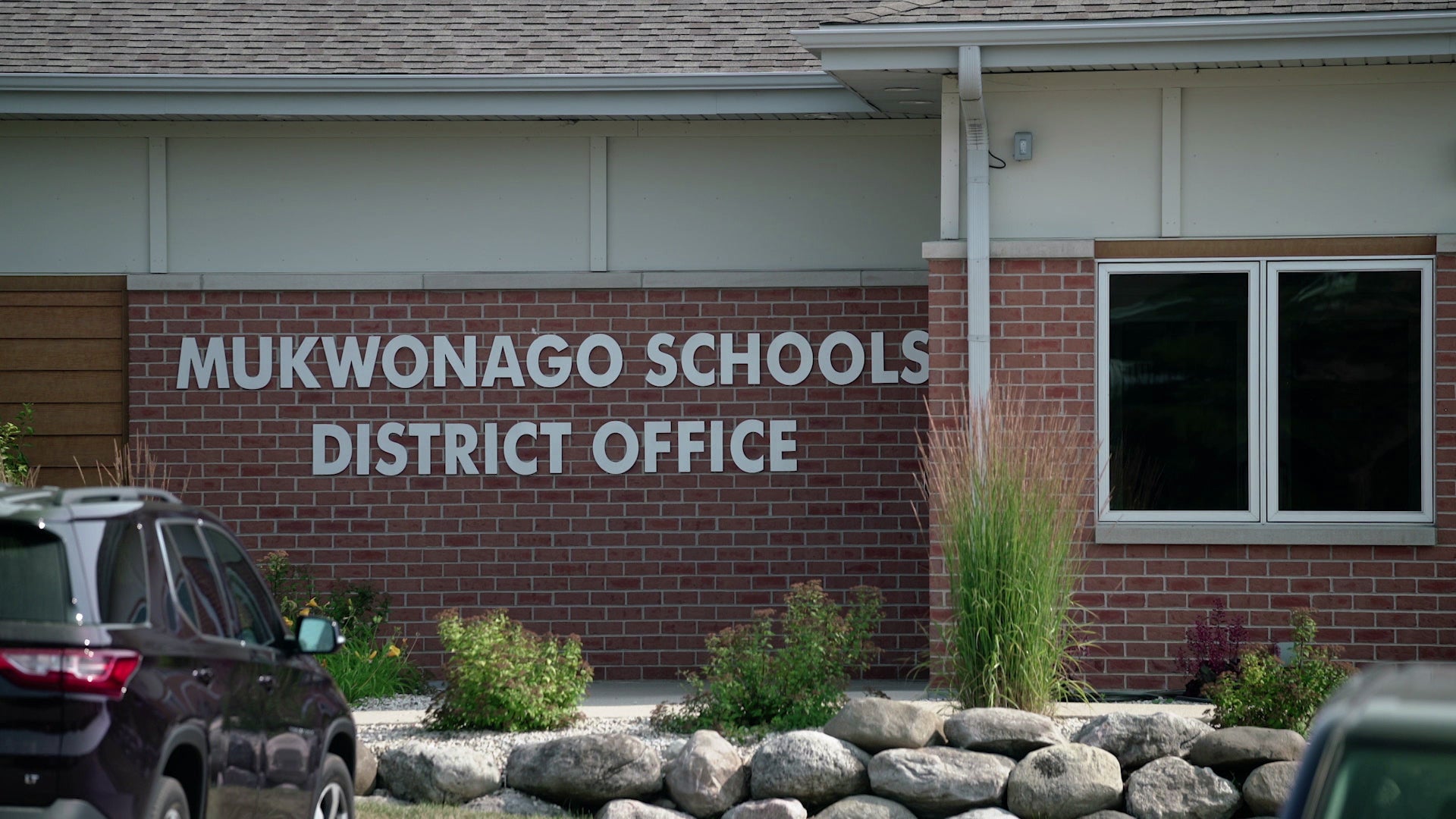In what the superintendent said may be the largest student reading material challenge in the nation, 444 books have been taken out of circulation in the Elkhorn Area School District.
Superintendent Jason Tadlock said one parent requested that 163 books at Elkhorn Middle School and 281 books at the high school be removed on Nov. 30. Per school district policy, the books were taken from circulation and are being reviewed by school principals.
Administrators are evaluating the challenged books for grade level appropriateness using Common Sense Media, Barnes and Noble, and Amazon.com for age-level ratings.
News with a little more humanity
WPR’s “Wisconsin Today” newsletter keeps you connected to the state you love without feeling overwhelmed. No paywall. No agenda. No corporate filter.
“To be frank, we probably never anticipated somebody bringing forth a challenge that would create such a disruption in the school environment,” Tadlock said. “It takes a lot of time and effort, and I’ll be honest, there is a certain amount of frustration.”
Some of the titles being challenged include:
- “Anna Karenina,” by Leo Tolstoy
- “Life of Pi,” by Yann Martel
- “A Tree Grows in Brooklyn,” by Betty Smith
- “The Fault in Our Stars,” by John Green
- “The Grapes of Wrath,” by John Steinbeck
Tadlock doesn’t anticipate any of the books will be banned from the district, which is located in Walworth County, about 40 miles southwest of Milwaukee. He said many of the books have already been reviewed and returned to library shelves.
“We might have an age restriction based on the book, meaning they might need a parent’s permission, but I don’t think any of the books will be removed from circulation,” Tadlock said.
Before the Nov. 30 request, Tadlock said only two books had been challenged during his 11 years with the district. Those books — “Everybody Sees the Ants” by A.S. King and “Burn Baby Burn” by Meg Medina — were moved from the middle school to the high school after being reviewed by administrators.
On Dec. 5, Tadlock sent a letter to Elkhorn Area School District families about the challenged books, including a list of the titles.
He said since sending the letter, he has received dozens of inquiries, mostly from parents upset that school resources are being used to review so many books.
“And people taking exception with the premise that one individual could restrict what their child or their student could have access to,” Tadlock said. “We’ve had a handful of emails as well that were supportive of the school reviewing and checking the materials to make sure there is not harmful material for students.”
The Elkhorn School Board will meet in January to review its current policy. Tadlock said given today’s environment, the board wants to revisit the policy of having to remove books from circulation while materials are being reviewed.
“I don’t know if there has been a challenge of this size in the entire nation,” Tadlock said. “We’ll look to make this more practical in the future.”
The country started to see a surge in efforts to ban books in schools and public libraries in 2021, particularly with restrictions on books containing LGBTQ+ and racial content. That effort has continued. There were 3,362 school book bans last year, including 43 in Wisconsin, according to the non-pofit PEN America.
Earlier this year, the Menomonee Falls School District banned 33 titles prompting one of the banned authors, Jodi Picoult, to reach out to the school district for an explanation.
State Superintendent Jill Underly has called censorship “suppression,” and libraries “a bastion of freedom of thought, expression, and creativity.”
“Our school libraries are welcoming, exciting places for kids, where they can experience great stories, important histories and engage with big ideas and where they can be their full authentic selves without judgment,” Underly said recently.
From Tadlock’s standpoint, he said he can sympathize with some parents’ questioning of literature, because there isn’t the same ratings system that comes along with movies or other forms of media.
“It creates this debate because there is not a solid consensus,” Tadlock said. “It can be a challenge because there is not a uniform system.”
Wisconsin Public Radio, © Copyright 2025, Board of Regents of the University of Wisconsin System and Wisconsin Educational Communications Board.






